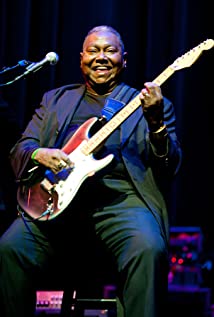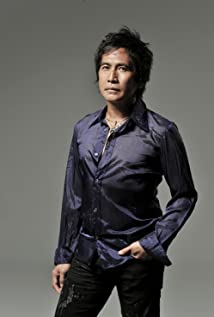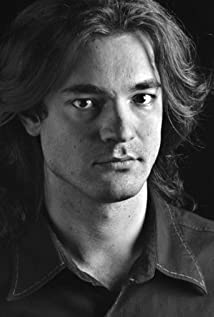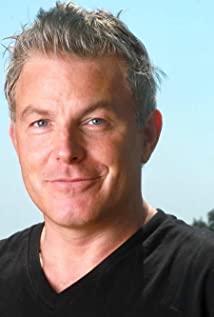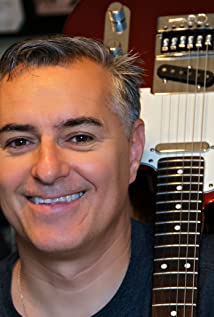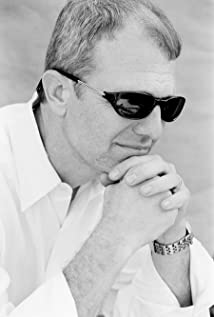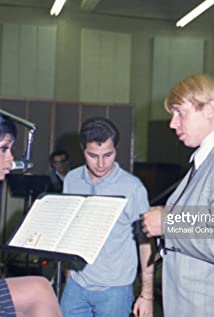Rafi sang for many successful films in the late 1970s and the early 1980s many of whose hit songs were dominating the charts in the late 70s on radio programs such as Vividh Bharati, Binaca Geetmala and Radio Ceylon. Some of these include Bairaag (1976), Dharamveer (1977), Apnapan (1978), Ganga Ki Saugandh (1978), Suhaag (1979), Sargam (1979), Qurbani (1980), Dostana (1980), Karz (1980), The Burning Train (1980), Abdullah (1980), Shaan (1980), Aasha (1980), Aap To Aise Na The (1980), Naseeb (1981) and Zamane Ko Dikhana Hai (1982). In 1978, Rafi gave a performance at the Royal Albert Hall and in 1980 he performed at the Wembley conference centre. From 1970 until his death he toured around the world extensively giving concert performances to packed halls.



